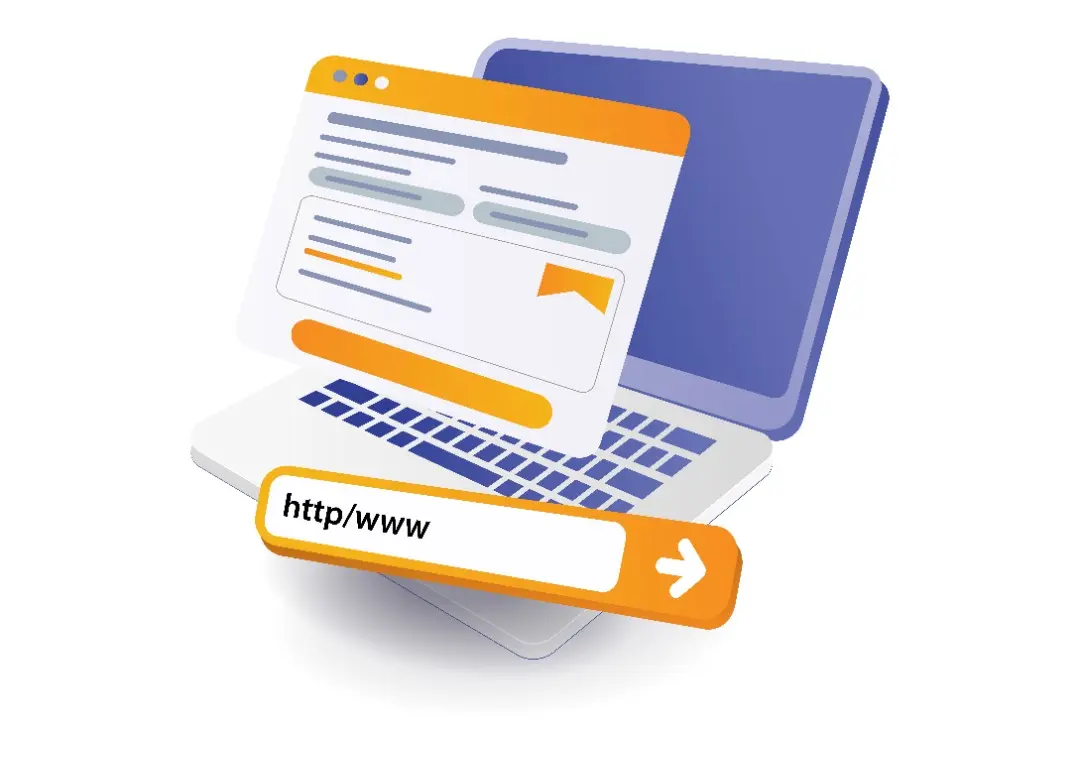
The Internet of Things (IoT) has emerged as one of the most influential technological innovations in recent years. By connecting various devices and systems through the internet, IoT enables the collection and analysis of data in real-time. In the transportation and logistics industry, the impact of IoT is significant, transforming how companies operate and enhancing efficiency and productivity. This article will discuss the various impacts of IoT on the transportation and logistics industry.
- Increased Operational Efficiency
One of the most significant impacts of IoT on the transportation and logistics industry is the increase in operational efficiency. By utilizing sensors and IoT devices, companies can monitor vehicle conditions, routes, and delivery times in real-time. This data allows managers to make better and faster decisions, reducing wait times and increasing productivity.
- Vehicle and Route Monitoring
IoT enables real-time vehicle monitoring. By using GPS and other sensors, companies can track vehicle locations, speeds, and engine conditions. This information helps in planning more efficient routes, avoiding traffic congestion, and reducing fuel consumption. Additionally, monitoring vehicle conditions aids in preventive maintenance, reducing the risk of breakdowns and repair costs.
- Improved Supply Chain Management
Recommended posts
IoT provides better visibility in the supply chain. By connecting various devices and systems, companies can track goods from the point of origin to the final destination. Data collected from sensors can provide information about temperature, humidity, and other conditions that may affect product quality. This is particularly important in the food and pharmaceutical industries, where proper storage conditions are crucial.
- Reduction in Operational Costs
By increasing efficiency and reducing waste, IoT can help companies lower operational costs. For example, by monitoring fuel consumption and optimizing routes, companies can save on fuel expenses. Additionally, preventive maintenance supported by IoT data can reduce repair costs and extend vehicle lifespan.
- Enhanced Security
IoT also contributes to improved security in the transportation and logistics industry. By using cameras and sensors, companies can monitor activities around vehicles and warehouses. This data can be used to detect potential threats and take necessary preventive actions. Furthermore, tracking systems can help reduce theft and loss of goods.
- Better Customer Experience
By utilizing IoT, companies can provide a better customer experience. Customers can track the status of their shipments in real-time, receive updates on arrival times, and obtain more accurate information about the products they ordered. This enhances customer satisfaction and builds trust in the company.
- Data Analysis and Decision-Making
IoT generates vast amounts of data that can be analyzed for better decision-making. By using data analytics, companies can identify patterns and trends that can assist in planning and business strategy. For instance, data analysis can help companies understand customer demand and optimize inventory.
- Innovation in Business Models
IoT also drives innovation in business models within the transportation and logistics industry. Companies can develop new services, such as on-demand delivery, allowing customers to order deliveries as needed. Additionally, subscription-based models for transportation services are becoming increasingly popular, providing flexibility for customers.
- Implementation Challenges of IoT
Despite the numerous benefits, the implementation of IoT also faces challenges. One of the main challenges is data security. By connecting various devices, the risk of data breaches and cyberattacks increases. Therefore, companies need to invest in cybersecurity and protect customer data.
- The Future of IoT in Transportation and Logistics
The future of IoT in the transportation and logistics industry is promising. With technological advancements such as 5G and artificial intelligence, IoT capabilities will continue to grow. Companies that adopt this technology will have a competitive edge and be able to adapt to rapidly changing market conditions.




